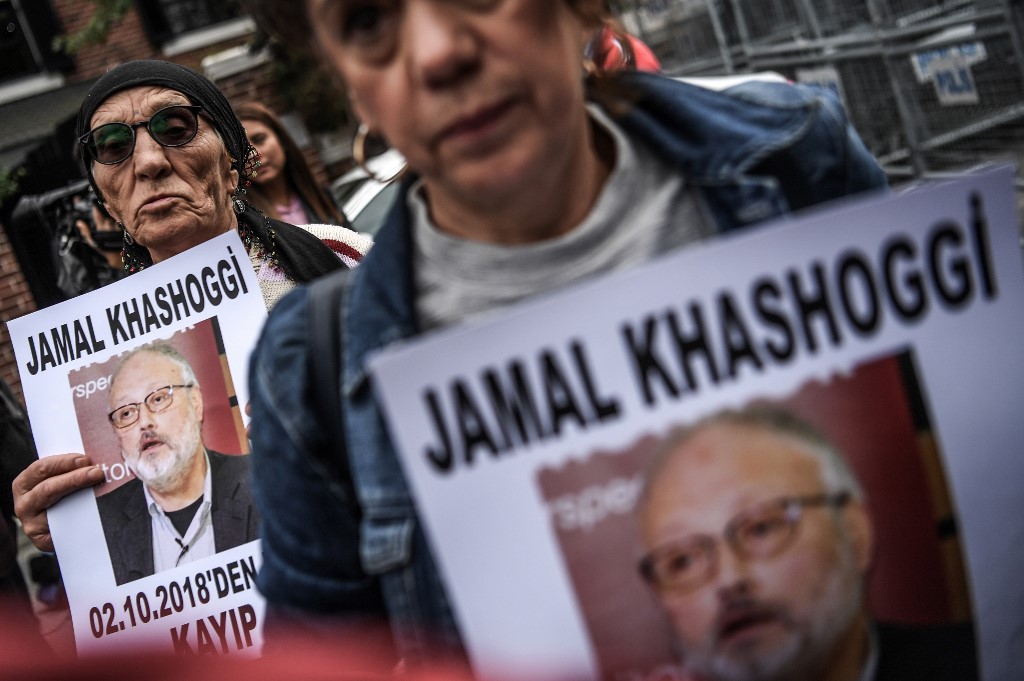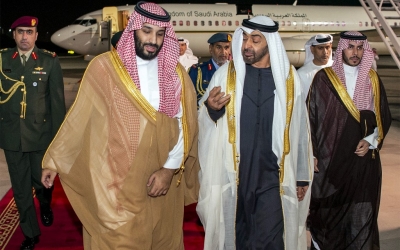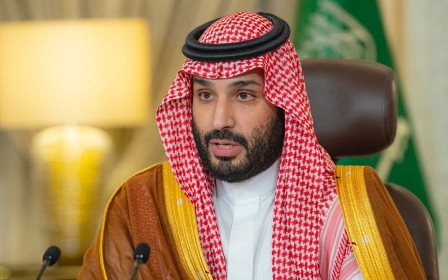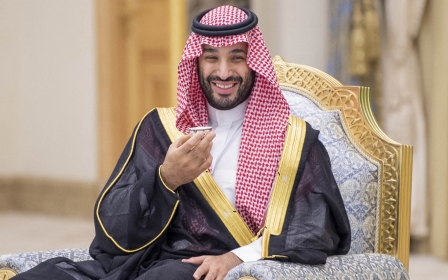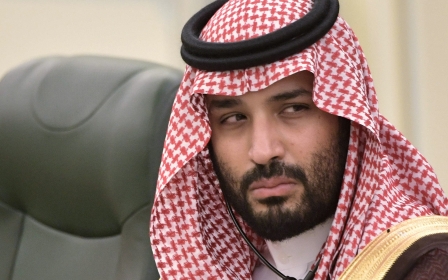Saudi Arabia: Mohammed bin Salman is now the state
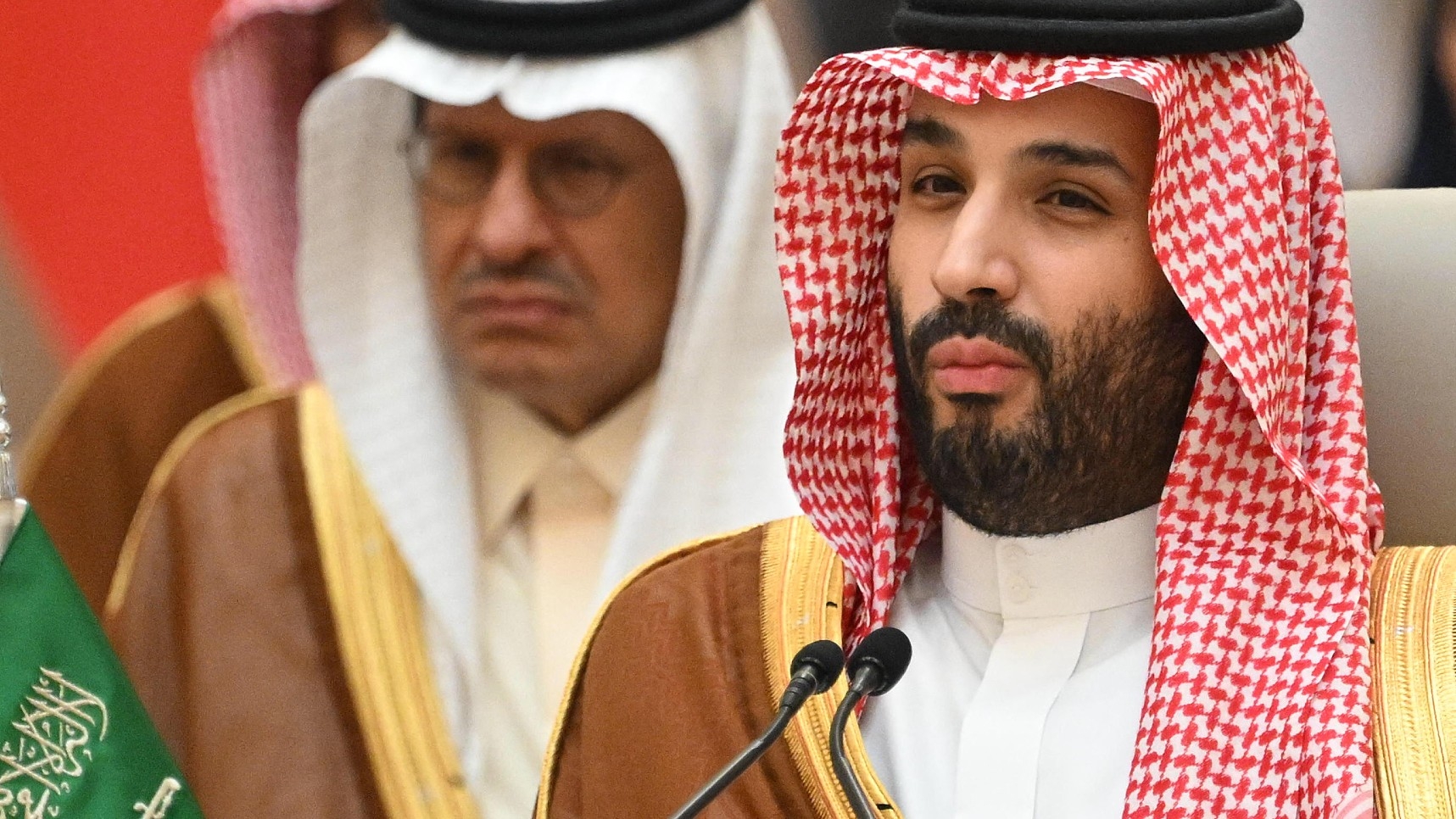
Saudi Crown Prince Mohammed bin Salman was promoted this week to the role of prime minister, thus confirming him as the kingdom’s de facto leader. This will draw the curtain on King Salman, who will become even more invisible over the coming months. His son, known as MBS, is now the state.
As prime minister, Mohammed bin Salman will be more powerful than ever as he presides over the country’s many ministries and bureaucracies. With his two brothers, Khalid and Abdulaziz, in control of defence and energy respectively, the Saudi monarchy as we knew it has been abolished. King Salman has handed the reins over to his line of descent.
No world leader can now bypass the crown prince on the basis that he is not the official highest authority in the kingdom
In the past, King Saud (1953 to 1964) tried to put several sons in key government positions, but failed under pressure from Prince Faisal, who deposed him in the early 1960s. It is unlikely that Mohammed bin Salman will be deposed shortly after becoming the sole ruler, as there are no strong contenders who can undermine his rule like Faisal did.
On the ground, Mohammed bin Salman’s promotion does not really change much, as he has been in charge of the country’s domestic affairs since 2017. After he was appointed crown prince, he gradually eroded the authority of other princes and took control of all state functions and bureaucracy, from the economy to security.
But internationally, the promotion does make a difference. No world leader can now bypass the crown prince on the basis that he is not the highest official authority in the kingdom. From now on, leaders cannot seek to meet an invisible king, but will have to deal directly with the crown prince. They all have to acknowledge that nothing can be done without Mohammed bin Salman’s approval.
New MEE newsletter: Jerusalem Dispatch
Sign up to get the latest insights and analysis on Israel-Palestine, alongside Turkey Unpacked and other MEE newsletters
Salman's terror
Mohammed bin Salman’s controversial record - which has included mega-propaganda economic projects and visions, along with religious and social liberalisation - was welcomed for years abroad and among sections of Saudi society. In the West, he was seen as a saviour who was determined to save Saudi Arabia from its inner demons.
Domestically, Mohammed bin Salman silenced all dissent and critics, including members of his own family. He emerged as the “young visionary future king”. But the official propaganda struggled to conceal a new age of terror associated with Mohammed bin Salman’s style of government. While claiming to modernise and liberalise Saudi Arabia, he turned the country into a large prison, where a mere critical tweet can lead to decades behind bars.
There is only one way to describe this new terror: an awkward hybrid mix of Stalin’s iron fist and western neoliberal capitalism. People have been led to believe that this mix will deliver the best modernisation programme the country has ever seen, bring foreign investment, and create much-needed job opportunities at home. But it is not clear that this programme has resulted in greater security for ordinary Saudis.
The crown prince’s reputation plummeted after the murder of journalist Jamal Khashoggi in 2018. The prince was consequently shunned by the Biden administration and other world leaders, in addition to many international investors. Mohammed bin Salman was isolated, even as he tried hard to counter his image as a murderer. He struggled to reverse his isolation until President Vladimir Putin saved his life this past February by invading Ukraine.
Weaponised oil
Amid the global energy crisis, Mohammed bin Salman deployed Saudi Arabia’s abundant oil supplies as a weapon in his battle to regain his position on the world stage. Presidents and prime ministers started arriving in Riyadh, seeking cooperation to ease energy shortages and prevent further price increases. Everybody wanted Mohammed bin Salman to increase oil production. He knew that his moment had arrived to bargain with the world from a position of strength.
In addition to sitting on much-needed black gold, the crown prince/prime minister knows that there are other files that only he can control and eventually resolve. His accelerated security and economic ties with Israel are a prelude to normalisation, which would please many in the West.
But Mohammed bin Salman doesn’t seem to be in a hurry to welcome an official Israeli embassy in Riyadh. He doesn’t need to at the moment, as all his trade and security dealings with Israel are open secrets. There is no rush from his point of view, but perhaps the matter is more urgent for Israel.
The coronation of Mohammed bin Salman as king is yet to take place, but on the ground, he is now the king. He will have to wait for other princes and Saudis to give him the oath of allegiance when King Salman dies. Many princes will rush to swear allegiance, fearing for their lives should they not appear in the royal court. Others may be more reluctant, but all will be under pressure to overtly exhibit unreserved loyalty to the new king. If they fail to do so, the price will be too high, even for those who are already keeping a low profile.
The views expressed in this article belong to the author and do not necessarily reflect the editorial policy of Middle East Eye.
This article is available in French on Middle East Eye French edition.
Middle East Eye delivers independent and unrivalled coverage and analysis of the Middle East, North Africa and beyond. To learn more about republishing this content and the associated fees, please fill out this form. More about MEE can be found here.



